Delving into court documents is an integral part of the investigative process. These documents, filled with vowel-heavy legal terminology, can be daunting. Understanding these terms is crucial for accurate and responsible reporting. This article aims to demystify the most common legal terms encountered in court documents, enhancing the comprehension and accuracy of true crime research.
1. Affidavit
An affidavit is a written statement made under oath, often used as evidence in court. It is a declarative document where a witness or party involved in the case states facts pertaining to the case.
2. Arraignment
Arraignment is the formal reading of a criminal charging document in the presence of the defendant, to inform them of the charges against them. During this process, the defendant is asked to enter a plea.
3. Bail
Bail refers to the temporary release of an accused person awaiting trial, sometimes on condition that a sum of money is lodged to guarantee their appearance in court.
4. Contempt of Court
This term is used when someone disobeys a court order, shows disrespect for the judge, or disrupts court proceedings. It can lead to fines or jail time.
5. Deposition
A deposition is a witness’s sworn out-of-court testimony. It is used to gather information as part of the discovery process and, in some cases, may be used in court.
6. Discovery
Discovery is a pre-trial procedure in a lawsuit where each party can obtain evidence from the opposing party through various means, such as subpoenas, depositions, and interrogatories.
7. Docket
The docket is the official schedule of proceedings in a court case. It includes everything filed in the case, from motions to evidence submissions.
8. Habeas Corpus
A writ of habeas corpus is a legal order to a person or agency holding someone in custody to deliver the imprisoned individual to the court issuing the order. It’s a protection against illegal confinement.
9. Indictment
An indictment is a formal charge or accusation of a serious crime. It’s issued by a grand jury based on proposed evidence.
10. Injunction
An injunction is a court order requiring a person to do or cease doing a specific action. It’s often used in civil cases to prevent ongoing or threatened harm.
11. Jurisdiction
Jurisdiction refers to the legal authority of a court to hear and decide a case. It can be based on geographical area or type of case.
12. Litigation
Litigation is the process of taking legal action or settling disputes in court.
13. Misdemeanor
A misdemeanor is a criminal offense less serious than a felony and generally punishable by fine, penalty, or imprisonment for less than a year.
14. Motion
A motion is a formal request made to a judge for an order or ruling on a specific legal matter.
15. Perjury
Perjury is the offense of willfully telling an untruth or making a misrepresentation under oath.
16. Plea Bargain
A plea bargain is an agreement in a criminal case where the defendant agrees to plead guilty to a lesser charge, thereby avoiding a trial.
17. Probable Cause
Probable cause is a reasonable basis for believing that a crime may have been committed, which is necessary for issuing a warrant.
18. Subpoena
A subpoena is a document ordering a person to attend court as a witness or to present documents or other evidence.
19. Summons
A summons is a legal document issued by a court or administrative agency to notify an individual of a legal action or proceeding involving them.
20. Verdict
The verdict is the decision of a jury or a judge on the matters submitted to them in the trial, determining guilt or innocence.
Conclusion
Understanding these legal terms is vital for true crime researchers and podcasters. It enables them to navigate court documents more effectively, ensuring accurate and respectful representation of the legal proceedings in their narratives. As true crime stories often hinge on legal outcomes, a clear grasp of these terms is essential for ethical and informed storytelling. By familiarizing oneself with this legal vocabulary, researchers can enhance the depth and reliability of their work, contributing to a greater understanding of the judicial process and its impact on the narratives we share.


